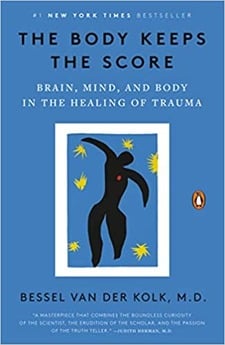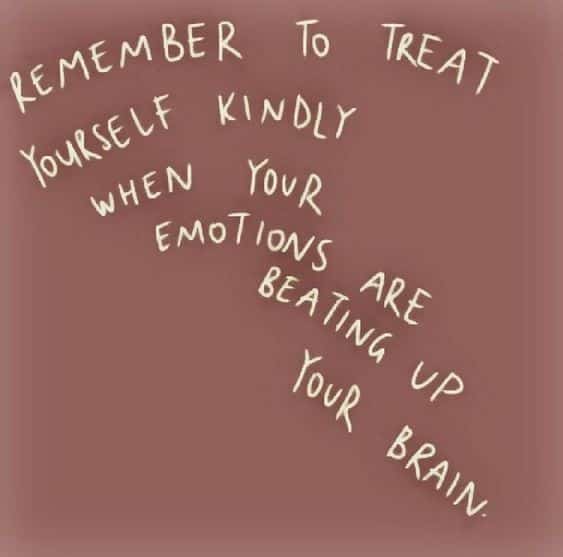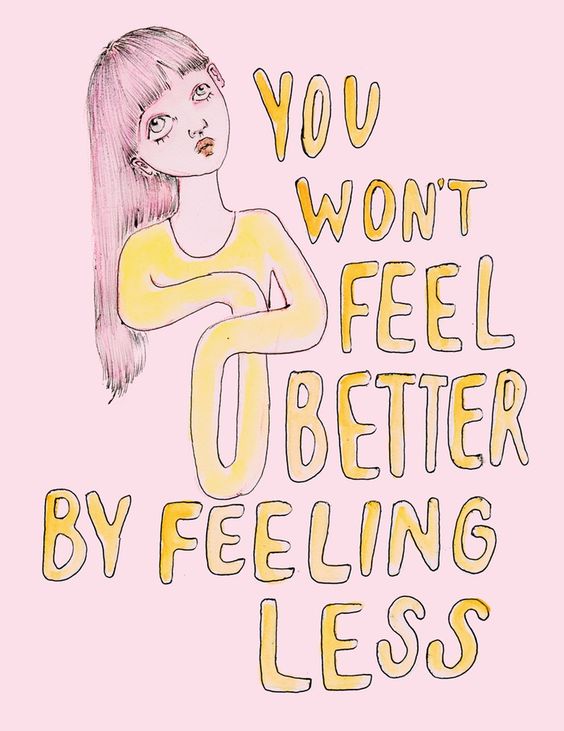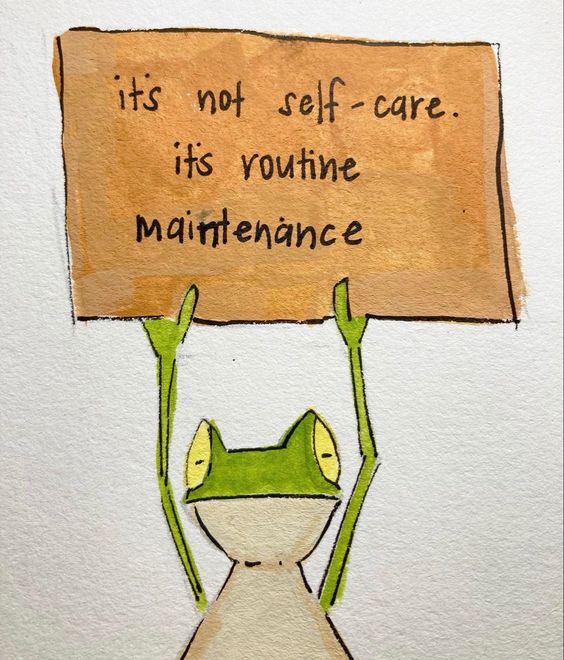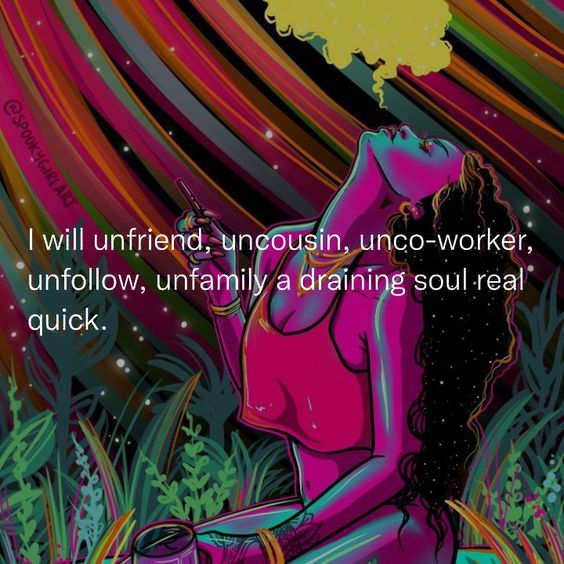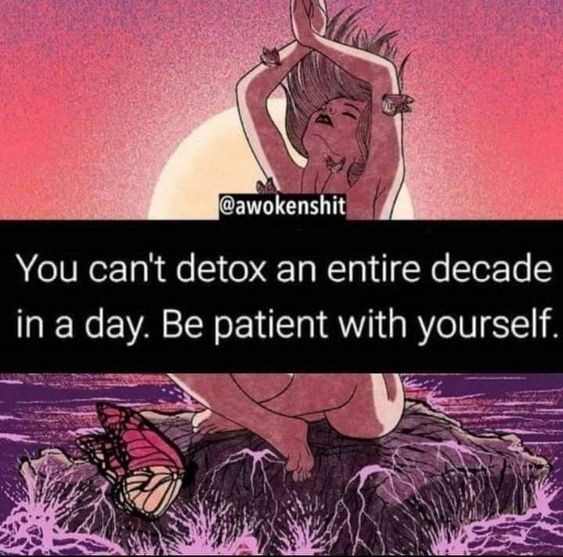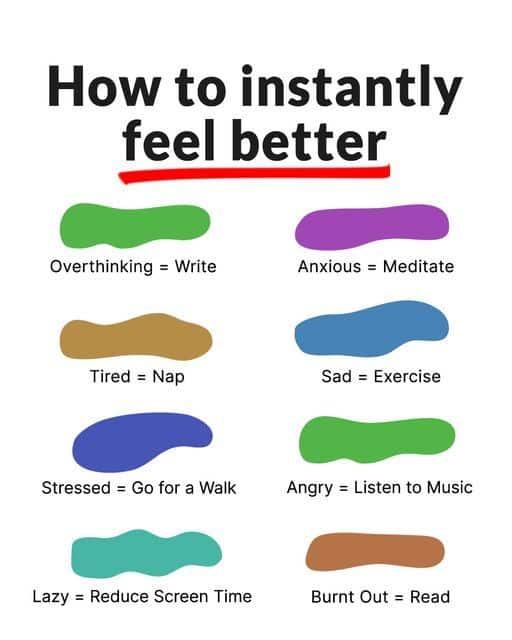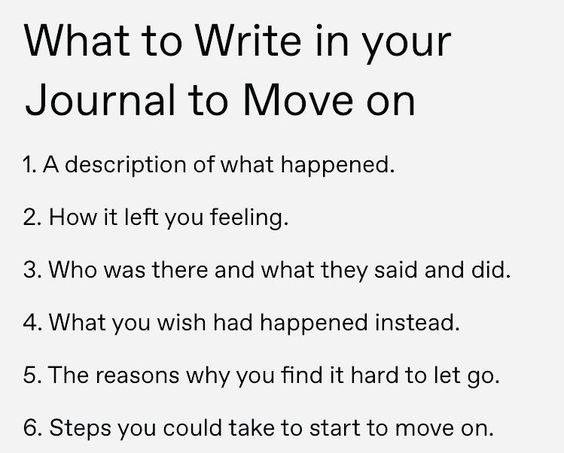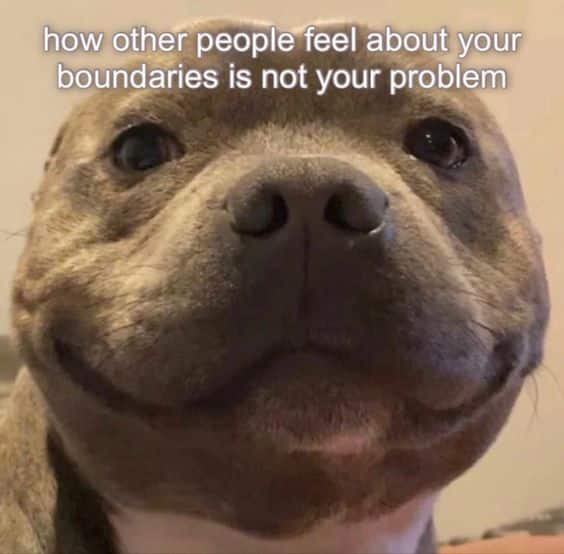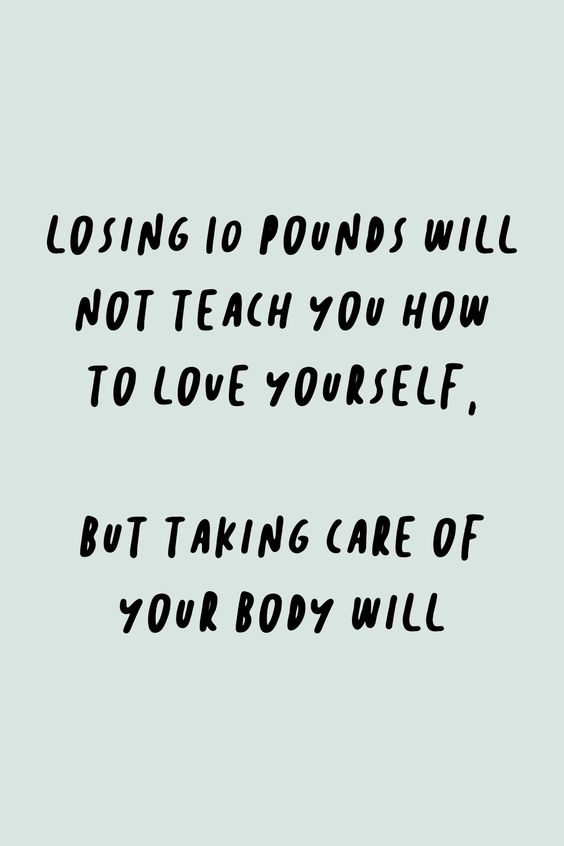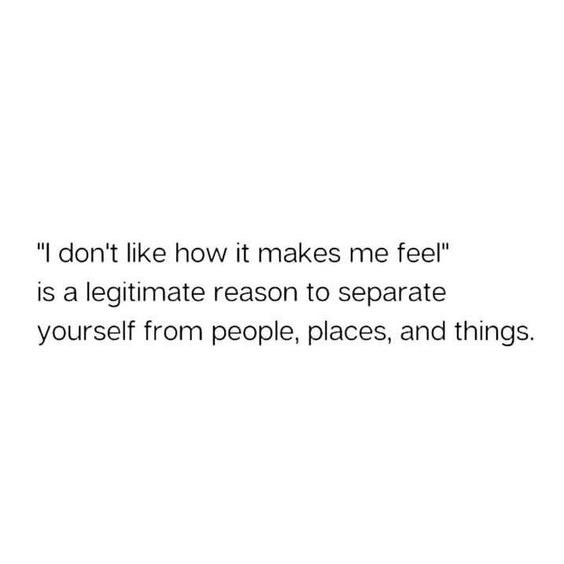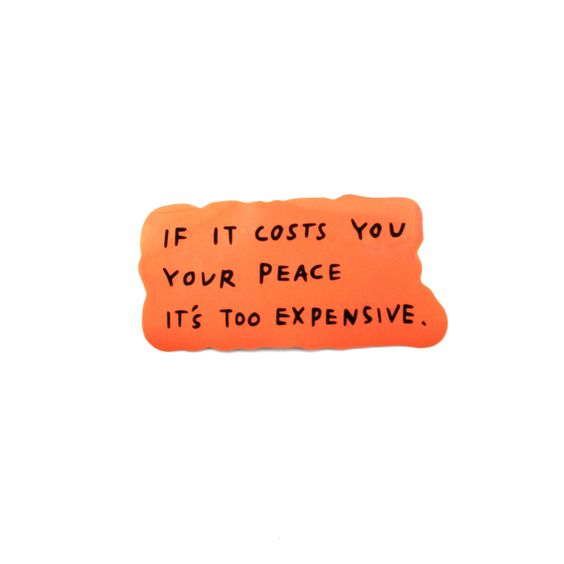“Being able to feel safe with other people is probably the single most important aspect of mental health; safe connections are fundamental to meaningful and satisfying lives. Numerous studies of disaster response around the globe have shown that social support is the most powerful protection against becoming overwhelmed by stress and trauma.”
Bessel van der Kolk, The Body Keeps The Score (Page 81) | ★ Featured on this book list.
“In many places drugs have displaced therapy and enabled patients to suppress their problems without addressing the underlying issues. Antidepressants can make all the difference in the world in helping with day-to-day functioning, and if it comes to a choice between taking a sleeping pill and drinking yourself into a stupor every night to get a few hours of sleep, there is no question which is preferable. For people who are exhausted from trying to make it on their own through yoga classes, workout routines, or simply toughing it out, medications often can bring life-saving relief. The SSRIs can be very helpful in making traumatized people less enslaved by their emotions, but they should only be considered adjuncts in their overall treatment.”
Bessel van der Kolk, The Body Keeps The Score (Page 36) | ★ Featured on this book list.
The Body Keeps The Score [Book]
Book Overview: In The Body Keeps the Score, Dr. Van Der Kolk uses recent scientific advances to show how trauma literally reshapes both body and brain, compromising sufferers’ capacities for pleasure, engagement, self-control, and trust. He explores innovative treatments—from neurofeedback and meditation to sports, drama, and yoga—that offer new paths to recovery by activating the brain’s natural neuroplasticity.
Post(s) Inspired by this Book:
40 Bessel van der Kolk Quotes on Trauma and Healing from The Body Keeps The Score
“I’ve known great troubles, both mentally and emotionally, and many of them have been cured sitting alone in a room with a therapist. And, I’d argue just as many, if not more, have been cured spending fifteen to twenty minutes with my head on a women’s chest. Fucking is good. But it’s not medicine.”
Cole Schafer (January Black), One Minute, Please? (Page 132)
“Trying to force a wild human brain into precise, professional boxes is one of the reasons we’re so overwhelmed in the first place.”
Aytekin Tank, Automate Your Busywork (Page 137)
“Consider the difference between saying ‘I am sad’ and ‘I feel sad.’ Similar as those two statements may seem, there is actually a profound difference between them. ‘I am sad’ is a kind of self-definition, and a very limiting one. ‘I feel sad’ suggests the ability to recognize and acknowledge a feeling, without being consumed by it. The focusing skills that are part of mindsight make it possible to see what is inside, to accept it, and in the accepting to let it go, and, finally, to transform it.”
Daniel J. Siegel, Mindsight
“Writing in a journal activates the narrator function of our minds. Studies have suggested that simply writing down our account of a challenging experience can lower physiological reactivity and increase our sense of well-being, even if we never show what we’ve written to anyone else.”
Daniel J. Siegel, Mindsight
